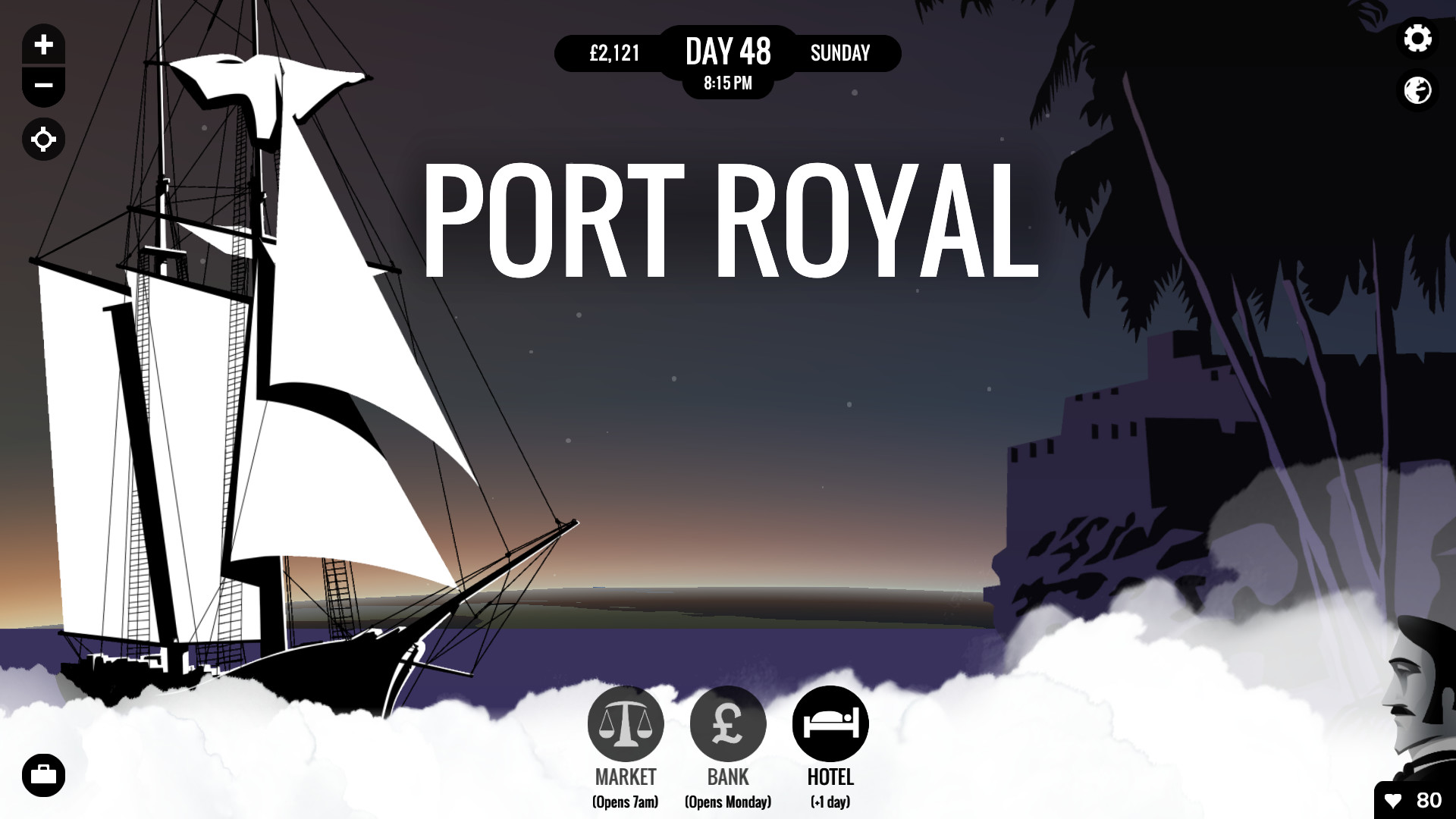


But he’d grown frustrated with the limitations of the parser. In his late teens and twenties he’d written parser IF in Inform, including acclaimed titles like The Mulldoon Legacy (1999), All Roads (2001), and Make It Good (2009). Ingold had grown up reading gamebooks and playing Infocom text adventures, seeds of a lifelong love for the pleasures of mingling reading and play. The tiny company’s goal was to “explore what new narrative experiences were possible on tablets and phones.” Motion tracking had started to feel like a gimmick, but ubiquitous touchscreen devices like Apple’s iPhone (and especially the larger iPad that launched in 2010) seemed an intriguing platform ripe for experimentation. He had co-founded it in 2011 with Joseph Humfrey: the two had both worked on briefly-hot motion-control games for Kinect and PlayStation Move. The speaker was Cambridge-based Jon Ingold, and the studio was called inkle.
#World 80 days games how to
The talk was on choices in interactive stories: what they’re good for and how to design them. That’s the one that every single purveyor of branching narrative is constantly, desperately trying to solve: convincing you that the choices they make you agonize over have any impact on the game at all. People say, “well, I’m pressing this button, but it doesn’t really matter, does it? You don’t really make any difference.” And that is the canonical problem of branching narrative. “A question that we got repeatedly asked,” the speaker noted about his studio’s first game, “was ‘yeah, but like, do my choices really matter?’”


 0 kommentar(er)
0 kommentar(er)
